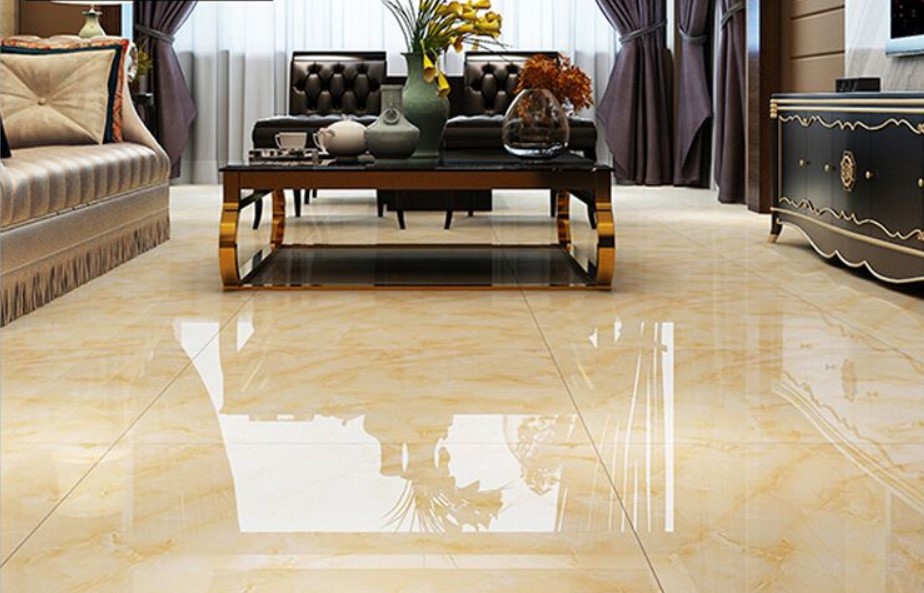
Stone floors are long-lasting and create a distinctive commercial space design. Implementing an effective maintenance program is critical to keeping them in good repair and looking like new. From understanding your stone to using a time-honored polishing technique, the tips below will help you design the best practice for commercial stone care Long Island City NY, for your specific stone.
Dos and Don’ts of Maintaining Natural Stone Floors
Dust mopping is one of the most important things to consider when maintaining a commercial natural stone floor. Dirt, sand, and other small particles are the worst enemies of stone floors. Eliminating these materials will keep your floors looking good and extend the time before they need restoration. You can’t dust mop stone floors too often, however. It’s best to clean them at least twice daily, although less frequently in low-traffic areas.
Cleaning stone surfaces is easy, but you need to be careful to avoid abrasive cleaners. These include acidic cleaners that can dull the appearance of your floors. Using a simple solution of water and vegetable soap is a good alternative. However, if you have a pet or children in the building, it will need deeper cleaning more frequently. Regardless of the cleaning method, ensure that the cleaning agent you choose is designed for stone surfaces.
It would help if you also sealed natural stone floors to prevent mold and stains from soaking into them. You can use a small buffing machine equipped with special burnishing pads. Another important step in maintaining natural stone floors is vacuuming. Vacuuming removes dirt from the floor and helps slow down the deterioration of its surface. Some stone experts recommend mopping daily.
Cleaning with Baking Soda
Cleaning commercial stone floors with baking soda can be a great alternative to chemical cleaners. It’s easy to make and can be used to clean both tile and stone floors. Just remember to use a pH-neutral cleaner. Also, it doesn’t hurt to test it on a small area first to ensure it doesn’t damage the floors.
You can use a broom with a soft bristle to make the cleaning process easier. You should vacuum the floor regularly to remove any loose debris or sand if necessary. A homemade floor cleaner is cheaper than a commercial cleanser and allows you to control the amount of abrasiveness and acidity.
If you must use an ammonia cleaner, use a non-acidic version. The ammonia can dull the surface of the stone. You can use a wet mop once a week.
Avoiding Harsh Chemical Cleaners
If you’re looking to clean stone floors in commercial environments, you must be careful not to damage them. It is because acidic chemicals or cleaners can damage natural stones. The best way to avoid damaging natural stone floors is to avoid using these products. Vinegar, for example, is an acidic substance and can cause etching on your stone surfaces. It results in dull marks that appear on the stone’s surface.
Use a neutral cleaner or dishwashing detergent and warm water when cleaning stone surfaces. Avoid using too much cleaner or soap since it will leave a film and streaks. Also, avoid scouring products because they contain abrasives that can scratch your stone surface. Lastly, use non-slip mats and rugs to protect the surface. Regular cleaning is important to maintain the beauty and luster of your stone floors.
You can also avoid acidic cleaners by using a stone floor cleaner with a neutral pH. This acid-free stone cleaner will not damage the stone surface so you can use it for daily maintenance without any worries. A pH-neutral stone floor cleaner is also safe for pets.
Polishing with Powder
Polishing commercial stone floors with powder require a high-speed machine that buffs the stone floor with a fine-grained abrasive. The powders are often enhanced with oxalic acid to create a crystallization effect. After the powders are applied to the stone surface, they are wet with water to create a paste. Finally, the slurry is buffed into the stone using a 175-rpm floor machine and a hogs hair pad.
Before polishing your stone floors, evaluating their condition and installation is important. If they are cracked and uneven, it may be too difficult to maintain them. If cracked tiles are present, they should be replaced with polyester resin to avoid further damage. On the other hand, if the floors are in good condition, they may only require periodic maintenance.
When polishing commercial stone floors, you should apply an impregnating sealer to make them water and spill-resistant. This product is usually available in home improvement stores or stone floor dealers for about $20 per gallon. Its use is important because it can cause etching on the stone surface, so you should know its usage instructions.
